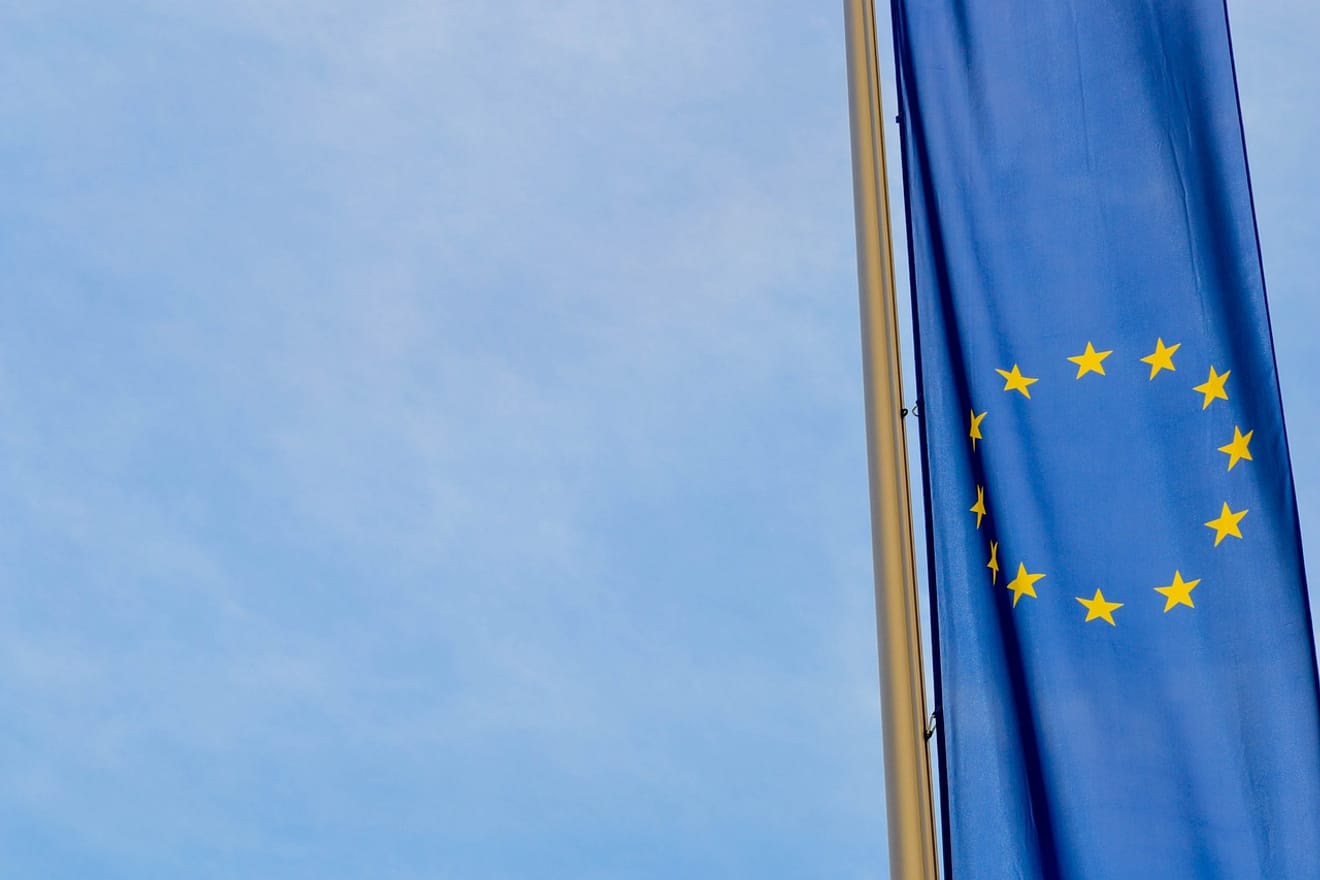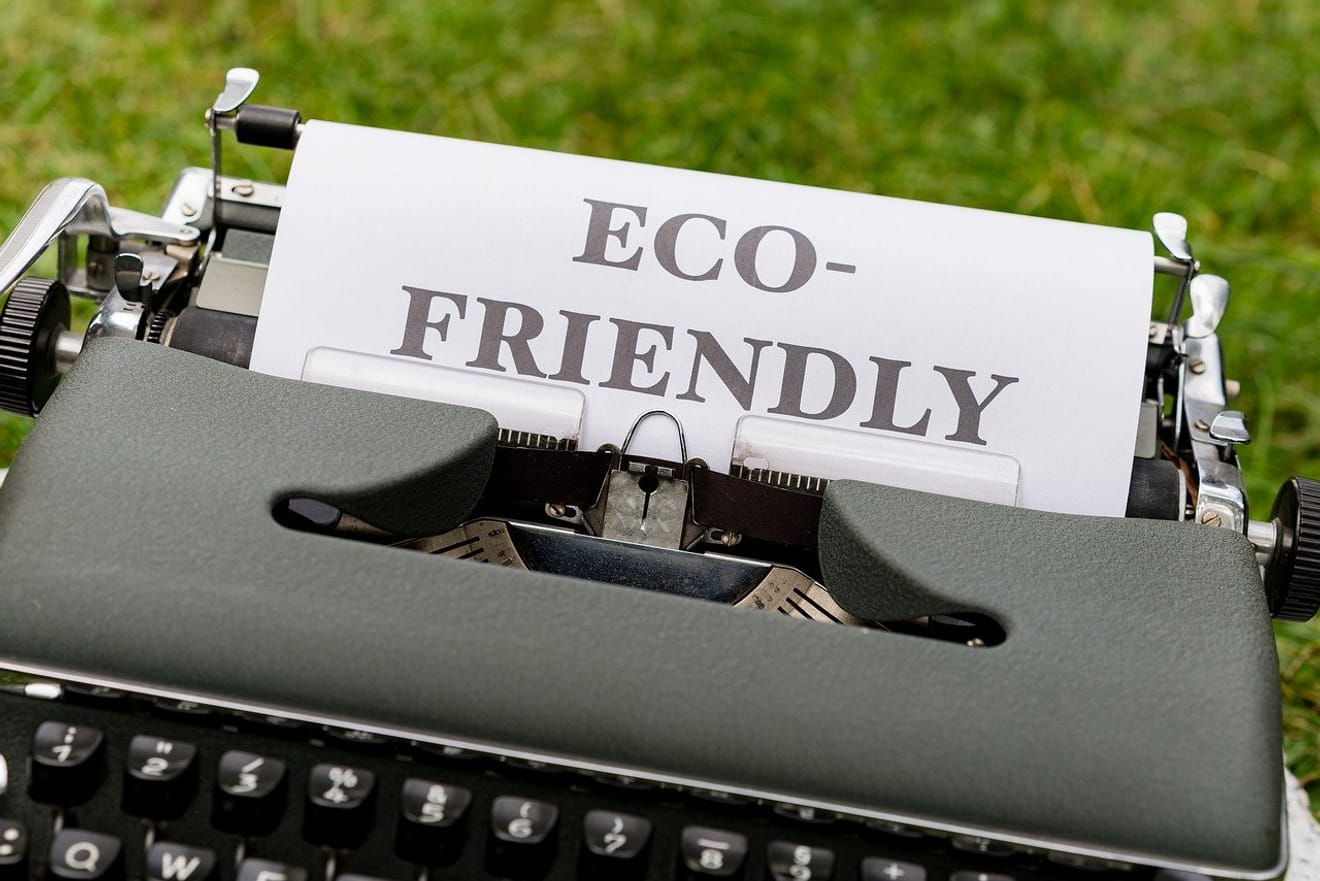Subject
- #Eco-friendly
- #Marketing
- #Greenwashing
- #Climate Crisis
- #EU
Created: 2024-01-25
Created: 2024-01-25 14:47
The climate crisis has already become a global issue, and consequently, people's concern for the environment has grown. Since individual actions alone are insufficient to resolve the climate crisis, governments and corporations must take the initiative to alter people's behavioral patterns in order to mitigate climate change. Eco-friendliness has now become a key component of corporate marketing strategies. Reusable tumblers, bottled water without plastic labels, and recyclable packaging have become more commonplace, providing consumers with more environmentally conscious choices during the purchasing process.
These changes appear to be overwhelmingly positive. However, are the products we purchase, believing them to be eco-friendly, truly 'eco-friendly'?

pixabay
The term 'Greenwashing' exists. It's derived from 'Whitewashing', which originally referred to the act of casting white actors in roles that were not originally intended for white characters, a form of racial discrimination. So, what is greenwashing? Greenwashing refers to the practice of falsely portraying non-eco-friendly products as environmentally friendly.

Starbucks
Starbucks' reusable tumblers, for example, have been a subject of controversy regarding greenwashing. It's natural that using a tumbler is more environmentally friendly than using a disposable cup. However, if reusable cups are mass-produced and consumed in large quantities, it ceases to be an environmentally conscious action. Starbucks held a promotional event in 2021 for their 50th anniversary, offering reusable cups with beverage purchases. While this might appear eco-friendly due to the avoidance of disposable plastic cups, the reusable cups were made of the same plastic material. This event sparked controversy, with claims that it encouraged consumers to purchase more plastic. While the intention might have been good, Starbucks customers already viewed their reusable cups as a form of 'merchandise'. Thus, they couldn't escape the controversy of greenwashing, a marketing tactic that disguised itself as environmentally friendly.

pixabay
The EU has recently introduced legislation concerning greenwashing. It prohibits companies from marketing their products as eco-friendly without any supporting evidence. The European Union anticipates that this legislation will lead to the elimination of over 50% of eco-friendly labeling.
Consumers often focus solely on the label 'eco-friendly' without understanding how the product is actually produced and distributed. This means they can easily fall victim to greenwashing. In addition to the EU, the UK, the US, and France are also taking steps to regulate greenwashing. The UK has investigated advertisements that falsely claim to be eco-friendly, while the US imposed a $3 million fine on Walmart for greenwashing. France has enacted legislation imposing an 80% fine on the advertising costs of companies found guilty of greenwashing.

pixabay
Greenwashing is a deceptive practice that exploits consumers. Some consumers intentionally choose eco-friendly products, even at a higher cost, and others opt for environmentally conscious options when the prices are comparable. Such tactics, which aim to increase a company's profits by exploiting the conscience of these consumers, must be eradicated.
Comments0